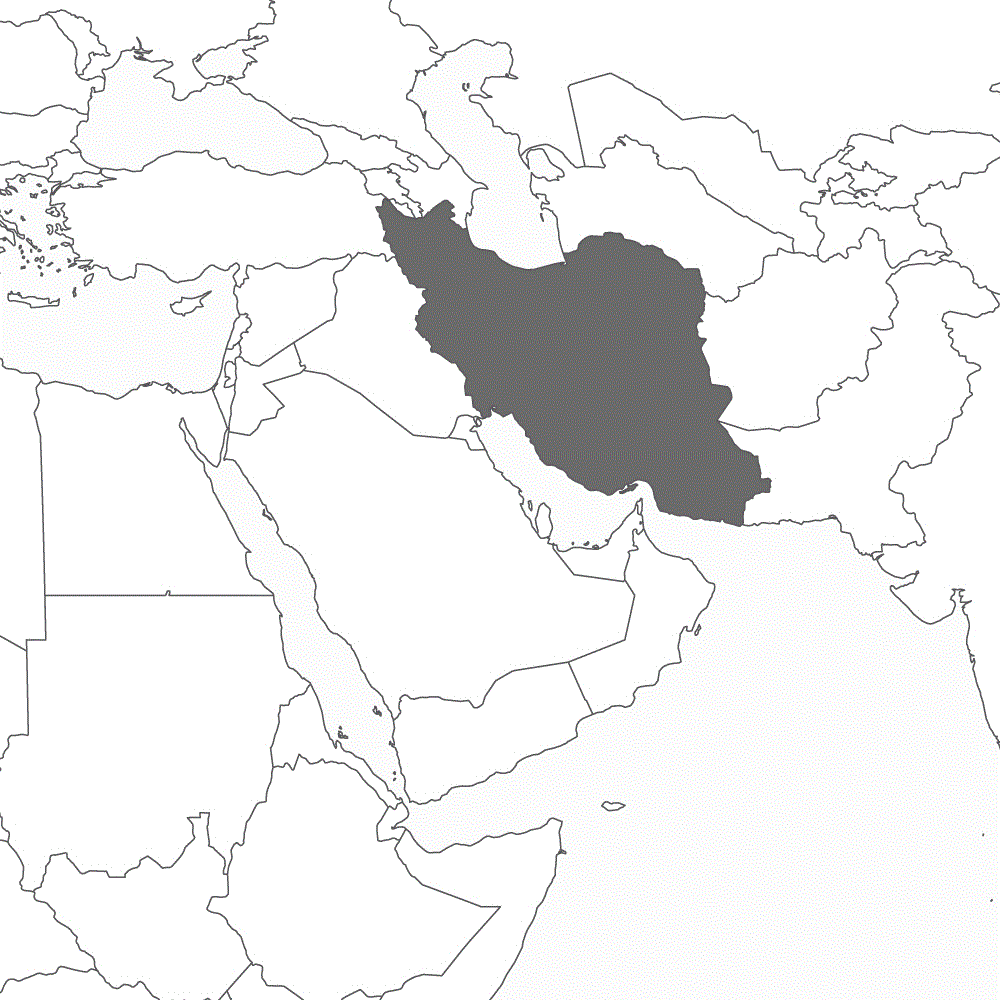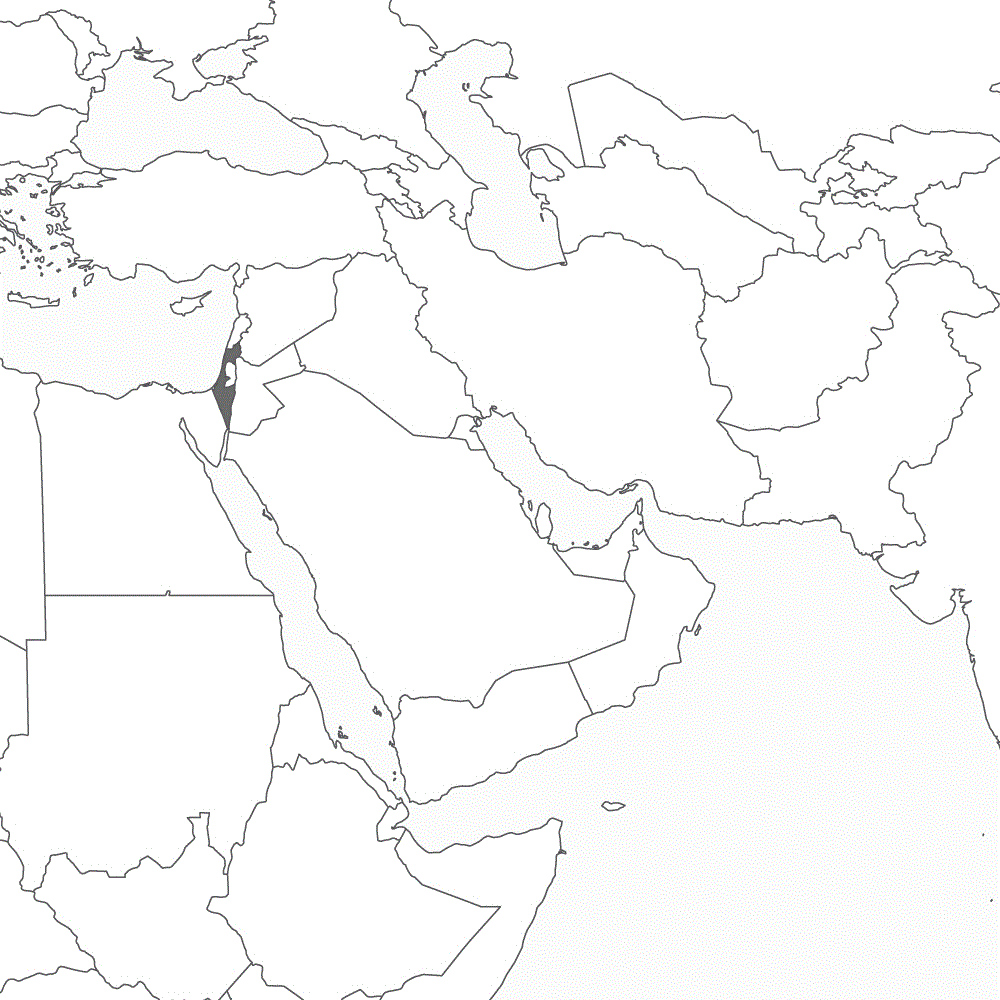“Optimally positioned for war”
German Defence Minister Pistorius pushes ahead with organisational shake-up. The Bundeswehr continues its trajectory, first begun in 2014, towards war with Russia. Military and civilian elements to be interlocked.
BERLIN (own report) – Germany’s armed forces are gearing their internal organisational structure to a future war against Russia. With the reorganisation announced by Defence Minister Boris Pistorius at the beginning of the month the military hopes to achieve “combat readiness, command capability and conscription preparedness”. Pistorius says the aim of the reforms is to “rebuild the Bundeswehr” in a way that ensures it is “optimally positioned for war”. This includes getting ready for “large-scale” deployment against a major power and ‘high-intensity combat operations”. The reform package contains three key innovations: command and control capabilities for home and abroad will be consolidated into a single operational command centre; scarce capabilities such as NBC defence, medical services and logistics will be bundled into a single support command; and the cyber and information forces will be upgraded to form a fourth branch of the armed forces. The organisational shake-up will embrace “all sectors” of the Bundeswehr and, according to Pistorius, will be implemented “within the next six months”. The aim was, he said, to ensure “build-up capability, [...] innovation superiority, and combat supply reliability”. The overriding “maxim” of all these actions was to make the Bundeswehr “ready for war”. Read more
Review: ‘Mutiny’
Peter Mertens analyses the revolt of the Global South against Western dominance and the parallel revolts within the South and the West against poverty and exploitation.
The world was in disorder, said Fiona Hill, former member of the United States National Security Council, in a speech delivered in the Estonian capital Tallinn in May last year. In numerous countries of the Global South we were witnessing the emergence among “elites and populations” of growing resistance to Western hegemony and, above all, the hegemony of the United States. Gaining ground is the conviction that the West has “imposed” an international order on the South “at a time of weakness”, a system that fails to meet its needs and its interests. Instead, they were seeing, she noted, how the transatlantic powers “dominated the international discourse”. The war in Ukraine was, Hill concedes, the most recent example. According to many in the Global South, it was not about defending Ukraine but, rather, securing the global dominance of the West, which Russia had openly called into question with the war. This was why the sanctions on Russia had received no support in the Global South. Instead, “a mutiny” was currently raging there: a “mutiny against what they see as the collective West”. Read more
Europe shifting further right (II)
An international conference in Hungary is bringing together politicians from conservative and extreme right-wing parties – the goal is to break the anti-fascist cordon sanitaire in the European Parliament.
BUDAPEST/BRUSSELS (own report) - An international conference in Hungary is promoting cooperation between conservative and extreme right-wing parties in the European Union. CPAC Hungary was opened on Wednesday 25 April in Budapest by Hungarian Prime Minister Viktor Orbán and will end on Friday. The event brings together politicians from parties organised in the conservative European People’s Party (EPP), which includes Germany’s CDU and CSU, and parties such as the Belgian Vlaams Belang or the French Rassemblement National, which are classified as extreme right-wing. The event has been organised against a background of efforts in the European Parliament to tear down the longstanding cordon sanitaire between the EPP and the far right. The anti-fascist firewall has in any case been crumbling for a long time in the EU. We see here another initiative to forge a broad right-wing bloc. On Wednesday, the EPP together with the two far-right groups, ECR and ID, combined to jointly reject a motion in the European Parliament. Some observers see this as a test run for further collaborations. CPAC Hungary is an offshoot of the Trump-affiliated CPAC in the United States. Its members include US Republicans as well as far-right figures from Latin America and Israel. Read more
Military states
Western countries and their allies are home to one seventh of the world’s population – but account for some two thirds of global military spending. As the arms industry gains weight in Germany, economists predict “guns without butter”.
BERLIN/WASHINGTON (own report) - At around two thirds, the share of global military spending by Western countries and their allies is twice that of the non-Western world. And it continues to grow. This is a finding of the latest study by the Stockholm-based research institute SIPRI, which was published yesterday (Monday). The researchers have found that global military spending rose last year to a record level of around 2,443 trillion US dollars. Of this volume, 37 per cent was spent by the United States and 24 per cent by the countries of Europe. And close allies like Japan must be included in the West’s share of arms expenditure. Germany is in seventh place in the SIPRI ranking of countries with the highest military expenditure worldwide. It is likely to rise to fifth place in 2024 due to its massive programme of arms spending on the Bundeswehr. The politically driven militarisation in the West is taking place at a time when the economic, and now political, influence of the transatlantic powers is on the wane – a trend that can possibly only be stopped by force. In Germany, the growing political importance of the arms industry and the burgeoning defence budget comes at the expense of tax revenues going to civil needs such as welfare, health and education. Read more
Escalation in the Middle East (II)
EU and several G7 states announce new Iran sanctions, with Germany pushing hard. Yet Israel’s attack on the Iranian consulate in Damascus without consequences. Double standards widely criticised.
BERLIN/TEHRAN/TEL AVIV (own report) - The EU and several G7 states are preparing new sanctions against Iran, partly in response to German pressure. This move follows Iran’s attack on Israel last weekend. The missile and drone bombardment was the first time Iran has directly targeted Israeli territory, although the two states have been engaged in violent clashes for many years. Since 2013, and increasingly since 2017, Israel has been hitting Iranian positions in Syria. Since 7 October 2023 the Israelis have focused on targeted assassinations of Iranian commanders, killing almost a dozen by the end of March alone. The airstrike on an Iranian consulate building in Damascus on 1 April killed seven Iranian commanders, some of them high-ranking. It marks “an unprecedented escalation” by Tel Aviv, notes the London-based think-tank Chatham House. It could yet prove to be “the spark that ignites the Middle East”. In response, the West has taken no action against Israel for, not least, violating the Vienna Convention on diplomatic sites. Iran’s retaliatory strikes – a choreographed show of strength communicated in advance – immediately triggered Western punishment. The double standards once again on display have given rise to some fierce criticism from the wider international community. Read more
“Keep the Ukrainians in the fight”
G7 foreign ministers are looking for options to avert a Ukrainian defeat. Experts believe that Russia can soon break through the frontline.
BERLIN/KIEV (own report) – Ahead of the meeting of G7 foreign ministers, beginning today on the island of Capri, there are frank warnings of a Ukrainian defeat on the battlefield. Alarm is being voiced both in Ukraine and in Western capitals. Kiev is “at great risk” of losing the war in the course of this year, declared a high-ranking British military officer at the weekend. Senior Ukrainian officers had previously warned that the Russian armed forces could soon be able to smash open sections of the front. A Russian advance into large parts of eastern and even central Ukraine is no longer ruled out. Experts criticise the way Western accounts have “talked up the situation in Ukraine from the outset”. The Ukrainian officers complain in particular that the impact of new Western weaponry is frequently overestimated – often based on a traditional bullishness and self-certainty. It is now clear, for example, that the Russian military has learnt how to eliminate Storm Shadow or SCALP cruise missiles, targeting them with a high hit rate. The G7 foreign ministers are now looking at options for preventing a collapse of the Ukrainian front. Foreign Minister Baerbock is proposing a worldwide “mapping of all Patriot systems” to secure faster supplies from third countries. Read more
The United Front against China
Berlin is sending more than 30 military aircraft and two warships on exercises in the Asia-Pacific region – beefing up deployment against China as well as against Russia.
BERLIN/TOKYO/CANBERRA (own report) – Germany’s armed forces are expanding their “Indo-Pacific deployment”. Germany will send almost three dozen military aircraft and two warships to the Asia-Pacific region for war exercises this year. Plans include participation in a large-scale US exercise near Hawaii, an air force exercise in Australia and more military training in Japan, as well as in US-led monitoring of the various sanctions placed on North Korea. Until now, the Germany has only deployed to the Asia-Pacific region units from one military wing at a time: the naval frigate “Bayern” in 2021/22, an air force squadron in 2022, and land army troops in 2023. As the head of the Luftwaffe, Lieutenant General Ingo Gerhartz, has confirmed, the expansion of Germany’s “Indo-Pacific deployment” is intended to demonstrate Berlin’s readiness to participate in military activities against China, in parallel to its military deployment against Russia. For its part, the US is working hard to consolidate its military alliances in East Asia. One aim is to take control of the First Island Chain, to which strategists attach particular importance in the push against the People’s Republic. US media are speaking of a “united front against China”. Read more
Germany on trial
Germany is on trial in The Hague charged with facilitating genocide. The recent surge in arms supplies to Israel might constitute complicity in the brutal Gaza Strip slaughter.
BERLIN/TEL AVIV/THE HAGUE (own report) – Germany must, for the first time, answer to the highest UN court. The charge is complicity in genocide. Accusing Germany of violating its obligations under the Genocide Convention, Nicaragua’s legal intervention led to public hearings before the International Court of Justice (ICJ) in The Hague at the beginning of the week. Managua accuses Berlin of supporting Israel both politically and militarily through arms supplies, despite the fact that Israel’s conduct of the war in the Gaza Strip is currently being investigated by the ICJ for its potentially genocidal character. The ICJ has already established evidence for genocide that is at least plausible. If this suspicion is confirmed the German government would be guilty of aiding and abetting genocide by authorising arms exports to Israel. A first formal ruling by the ICJ is expected in April. A number of Western countries have already seen courts, parliaments and corporations moving to stop arms deals with Israel in order not to risk an open breach of international law. The death toll among Palestinians in the Gaza Strip now exceeds 33,400, including large numbers now dying of malnutrition or water deprivation. Read more
GERMAN-FOREIGN-POLICY.com
Information on German Foreign Policy: News + Interviews + Analyses + Background





